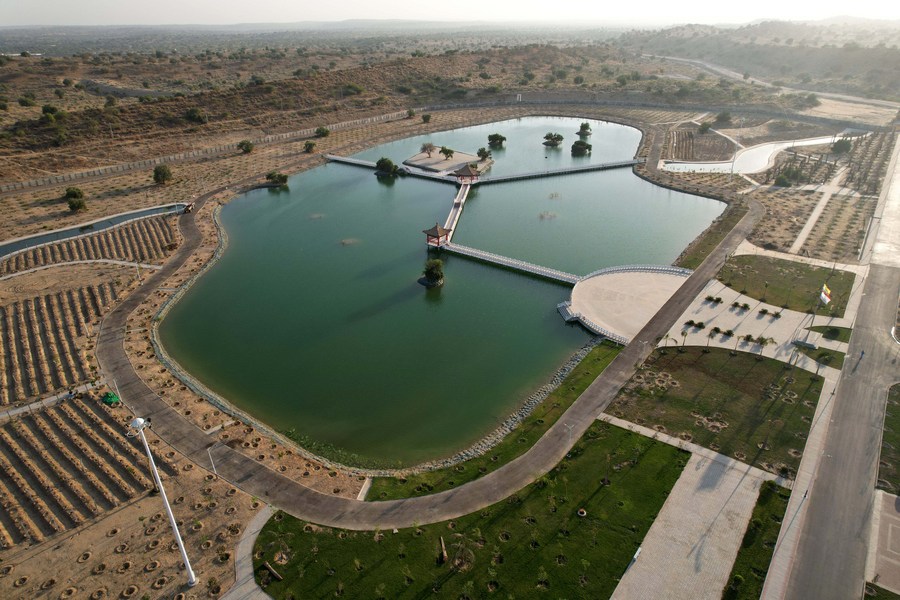Thanks to the China-Pakistan Economic Corridor (CPEC), Pakistan is now slowly moving from imported fuels to local fuel for power generation and from outdated technology to new Chinese technology, a Pakistani minister said in an interview.
“This shift is happening and Chinese companies are much more visible now. They are bringing their technology, their management to Pakistan, and they are teaching Pakistani engineers and workers,” Pakistan’s Minister for Power Khurram Dastgir Khan said in a recent interview at a power transmission project under the CPEC.
The deeper penetration of Chinese companies into the energy sector is one of the major positive developments that have happened in the country as a result of CPEC, Khan said.
Highlighting the prospects of the transmission network, he said that 660kV Matiari-Lahore high-voltage direct current transmission project under the CPEC is the most advanced transmission project in Pakistan’s history.
The project, being the only transmission project under CPEC, was crucial for Pakistan as it connects the country’s south to the north and vice versa, he said.
This is now one of the principal backbones of Pakistan’s national transmission line, he told Xinhua, noting that it has been operational for over 1,000 days without any issue, which is also a testament to the Chinese and Pakistani engineers who work here and who have done so well in very challenging circumstances.
Regarding the 10th anniversary of CPEC this year, the minister said China supported Pakistan in 2013 when no Western country was willing to invest.
By the end of 2022, CPEC has brought 25.4 billion U.S. dollars in direct investment to Pakistan and has created about 236,000 jobs for the country, the Chinese embassy revealed in its recent data.





